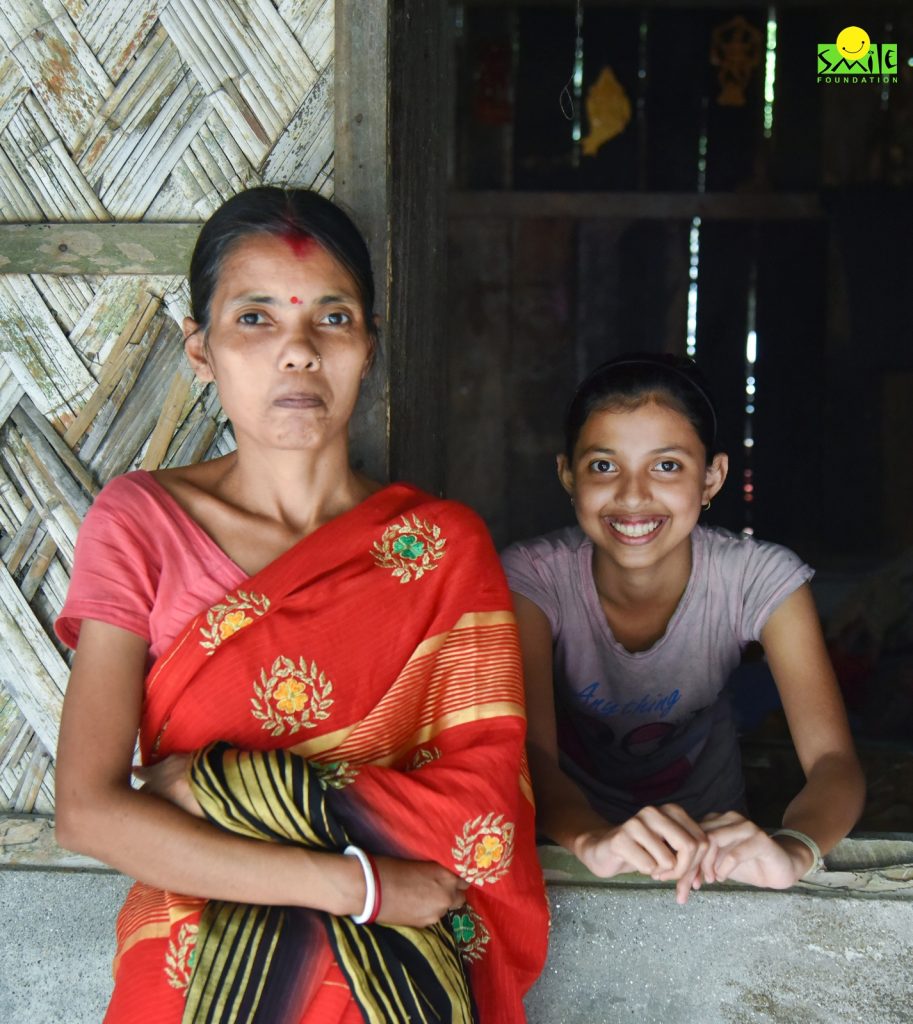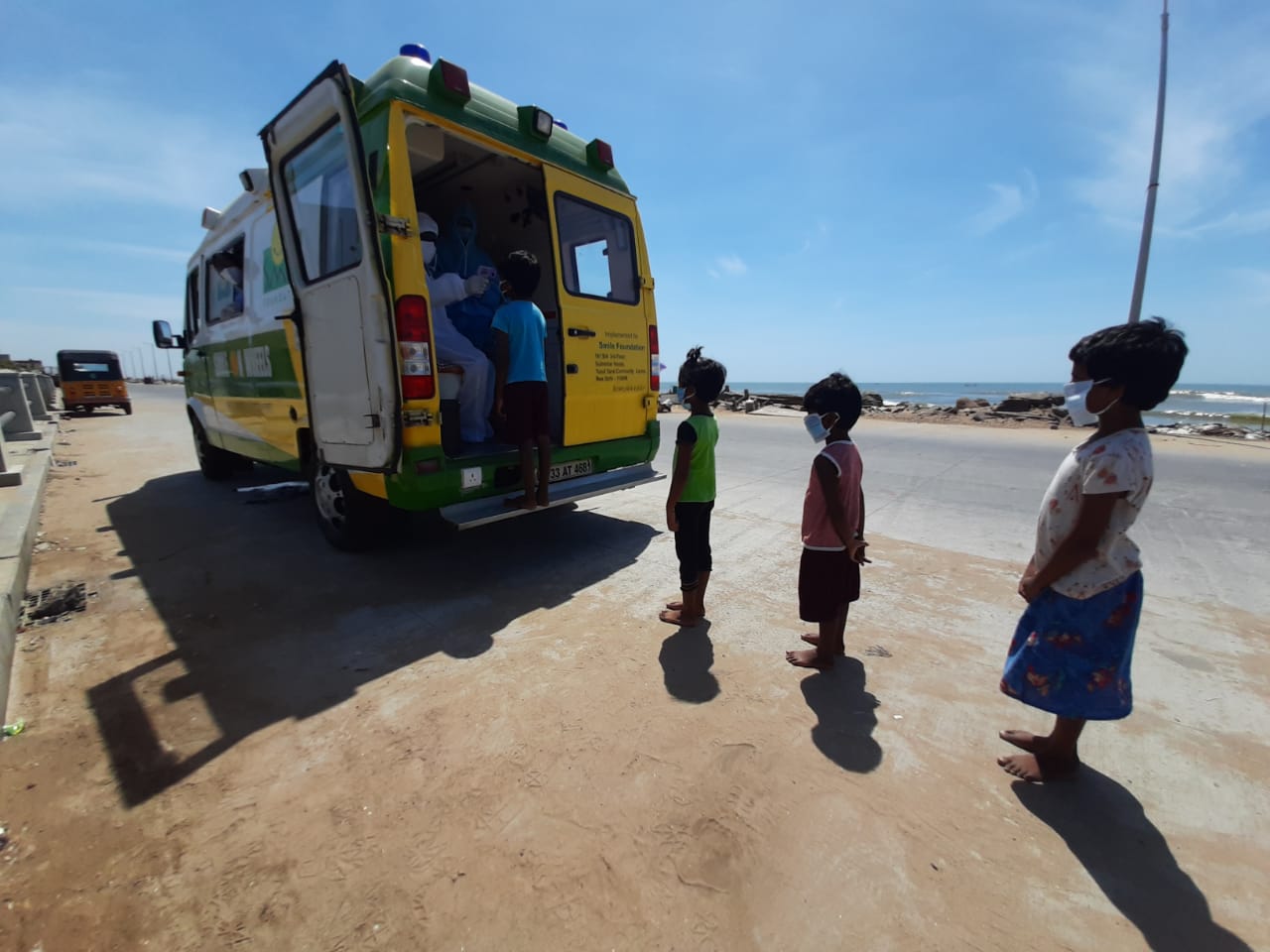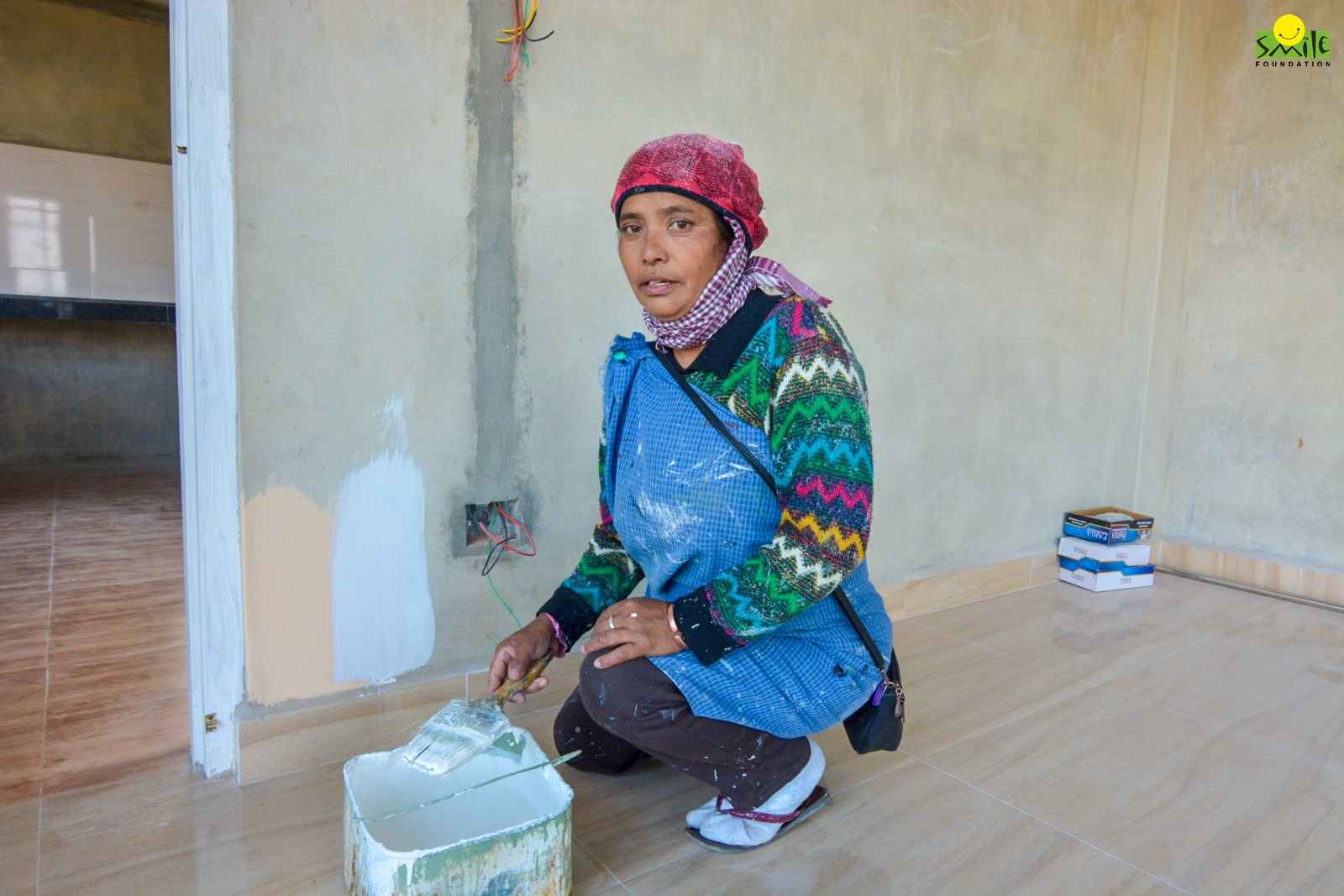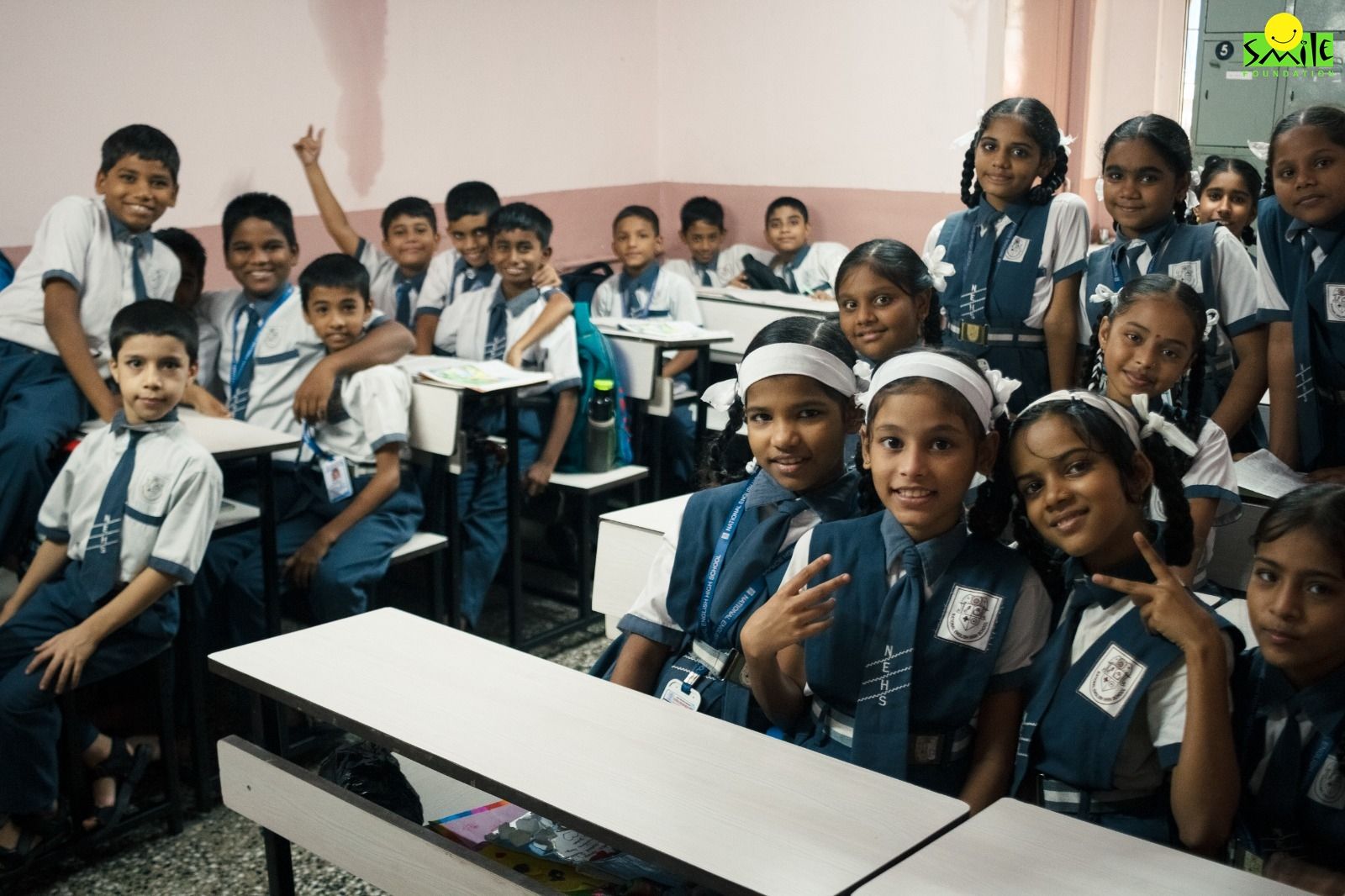In India, women form an integral part of the workforce, with a total of 149.8 million female workers. Among them, 121.8 million are in rural areas, and 28.0 million are in urban areas. Within the female workforce, 35.9 million work as cultivators, and 61.5 million are agricultural laborers. Additionally, 8.5 million are engaged in the household industry and 43.7 million fall under the category of other workers. The work participation rate for women, according to the 2011 Census, is 25.51 percent, slightly lower than 25.63 percent in 2001.
Skills and knowledge play a pivotal role in driving economic growth and social development in any nation. A country’s economy becomes more productive, innovative, and competitive when it has a skilled workforce. Among the workforce, women hold immense potential as vibrant and dynamic individuals, making them invaluable human resources.
Notably, in India, men spend an average of 4.5 hours per day on social life and leisure, while women devote only 3.9 hours. This highlights the urgent need to empower women by providing them with basic opportunities and developing their self-sufficiency skills.
Importance of Skill Development for Women
Given the circumstances, it is crucial to impart skills to women for their overall development and the progress of the country. The National Skill Development Initiative aims to empower individuals by enhancing their skills, knowledge, and qualifications, enabling them to access employment opportunities and ensuring India’s competitiveness in the global market.
Recognizing the role of education, particularly Vocational Education, the Indian education system plays a significant part in equipping women with the necessary knowledge and skills, thereby contributing to national progress and economic growth.
If we talk about skill development training programs, they have proven to be transformative for women, equipping them with valuable vocational skills and enhancing their employability by imparting knowledge and expertise in tailoring, these programs enable women to become financially self-reliant and contribute actively to their families and communities. According to a study conducted by the Ministry of Skill Development and Entrepreneurship in India, skill training has the potential to increase women’s wages by 20-25%.
Women empowerment through tailoring and fashion has emerged as a powerful force for social change, and several NGOs have been working tirelessly to uplift women and change their status in society. These organizations recognize the transformative impact of skill development and entrepreneurship in the fashion industry. One example is-
Self-Employed Women’s Association (SEWA)
SEWA has been a pioneer in empowering women through various initiatives, including its tailoring and fashion programs. They provide training, mentorship, and access to resources for women to become skilled tailors and artisans. SEWA also helps these women form cooperatives and market their products locally and globally.
By promoting self-employment and entrepreneurship in the fashion industry, SEWA has transformed the lives of countless women, elevating their social status and empowering them to support themselves and their families.
Impact on Lives Through Women Livelihood
The initiatives undertaken by nonprofits have had a profound impact on the status of women in society. By imparting tailoring and fashion skills, they have empowered women to break free from traditional gender roles, enabling them to contribute economically and gain respect within their communities. The women who have undergone training have become successful entrepreneurs, fashion designers, and leaders in their respective fields, inspiring other women and challenging societal stereotypes.
Moreover, these initiatives have provided women with a platform to express their creativity, preserve traditional arts and crafts, and participate actively in the fashion industry. Through exhibitions, fashion shows, and online platforms, these women showcase their talents and gain recognition for their craftsmanship. This recognition not only enhances their self-esteem but also challenges societal perceptions about women’s capabilities, leading to a shift in attitudes and gender norms.
Smile Foundation and Women Livelihood
We at Smile, through our Swabhiman programme aim to enhance the self-esteem and women livelihood opportunities by providing them with vocational training in various fields, including tailoring and fashion. Through this programme, Smile Foundation equips women with the necessary skills to become self-reliant and economically independent. The training programs offered under Swabhiman not only impart technical skills but also focus on building their confidence, enhancing their communication abilities, and fostering entrepreneurship.









